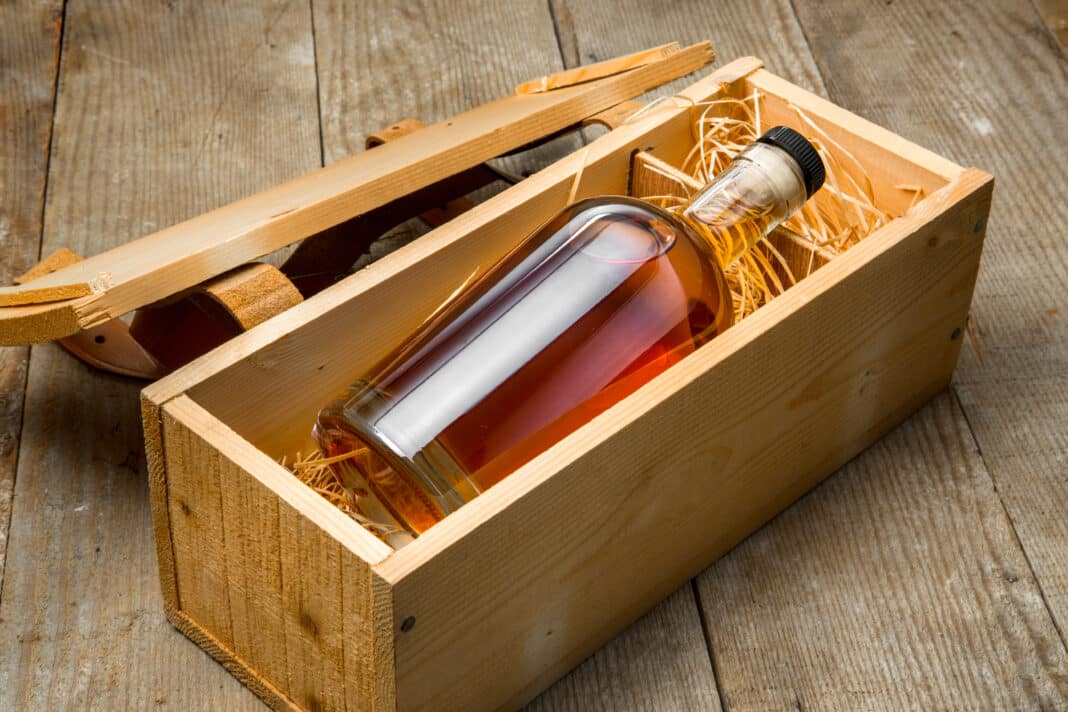When it comes to spirits, the best choice that one can make is to opt for glass packaging: this material not only preserves the quality and flavour of the contained product for a prolonged period, protecting it from exposure to light, but can also be recycled and reused, representing a 100% ecological and sustainable solution.
A glass spirit bottle, for example, has a timeless appeal that speaks of tradition but, at the same time, offers a minimal and very contemporary aesthetic that can be customised with unprecedented designs and in a wide range of shapes, sizes and styles. This is a trend that appeals greatly to younger consumers of spirits, who are more inclined to choose innovative and alternative glass packaging than the more classic proposals.
Finally, being an inert natural material, glass is capable of preserving and maximising the original taste of the product it contains, offering a clean and pure tasting experience.
The latest in alcohol packaging
In the beverage packaging industry, the focus continues to be on glass, but it does so with an increased focus on sustainability: production becomes more and more environmentally friendly, incorporating sustainable technologies into the processes to reduce energy consumption and carbon footprint.
On an aesthetic level, the beauty of the design becomes interactive and experiential, to provide consumers with additional information and an active shopping experience through the packaging. Customisation of glass spirit bottles will also be a trend for 2024 with the aim of differentiating the product from the competition by making it stand out on the shelf, increase brand reputation and give customers the sophistication and innovation they are looking for.
There is also a big push towards packaging that offers a multi-sensory experience where every single detail becomes sensation and perception thanks to neuromarketing applied to design to capture attention and convey a product’s identity and story to consumers in an emotional way.
Packaging for spirits: the new EU agreement
When it comes to the packaging regulation, the EU Council, together with the EU Commission and the European Parliament, have reached a provisional political agreement with the aim of making packaging more sustainable, reducing packaging waste in the European Union and promoting the circular economy. This agreement foresees that, by 2030, some single-use plastic packaging formats will be phased out completely, in favour of greener and less environmentally impactful materials, excluding compostable plastic packaging (if collected and disposed of) and composite packaging.
Furthermore, packaging is to be reduced by 5% by 2030, 10% by 2035 and 15% by 2040. A banon the use of alkyl chemicals (or Pfas) for food-contact packaging, the necessary reduction of plastic packaging waste and the use of recyclable packaging has also been established.
For alcoholic and non-alcoholic beverage packaging, at least 10 per cent must become reusableby 2030, with a five-year derogation for member states.




